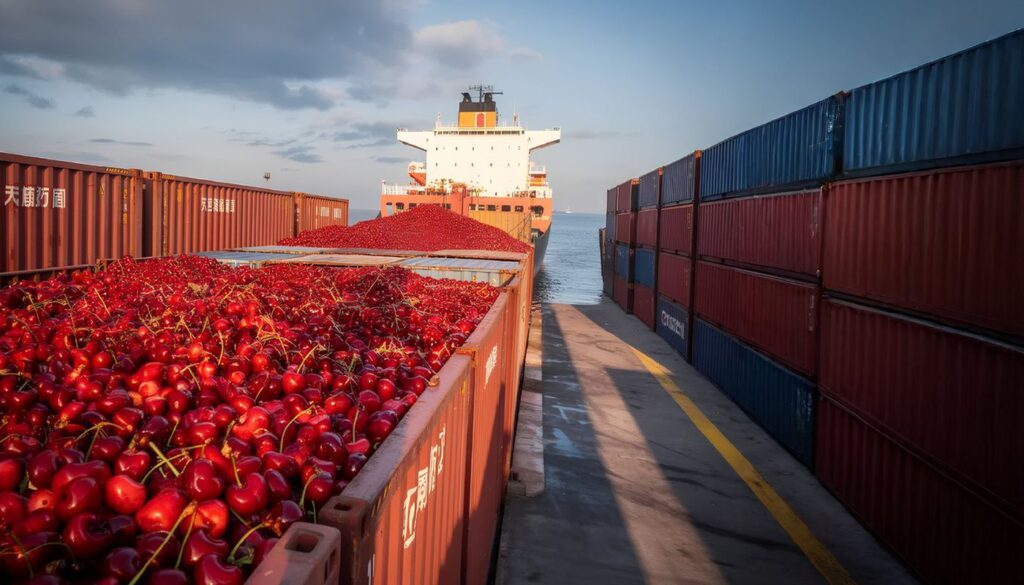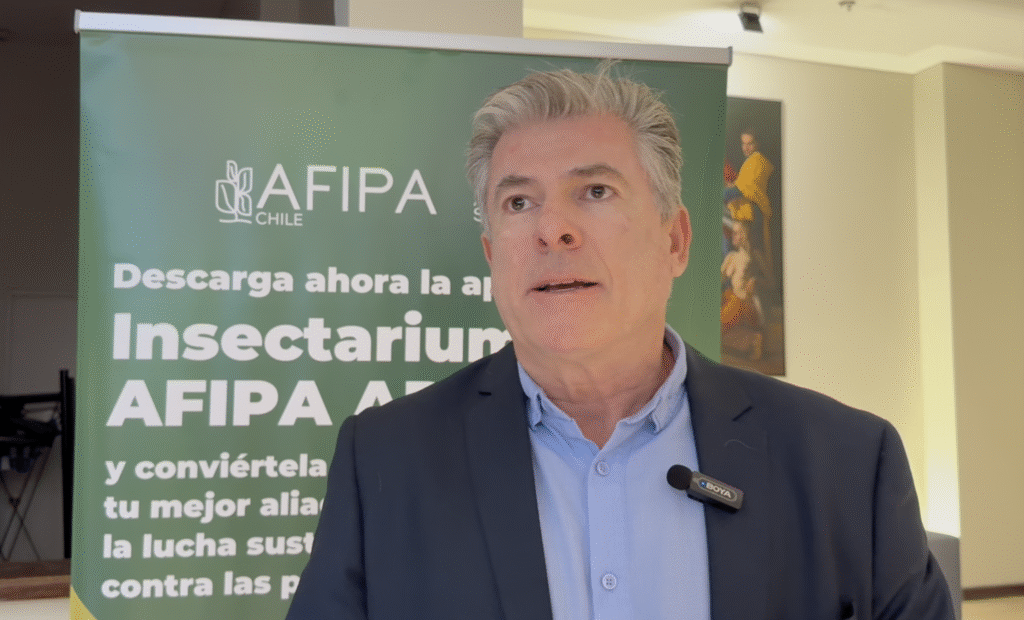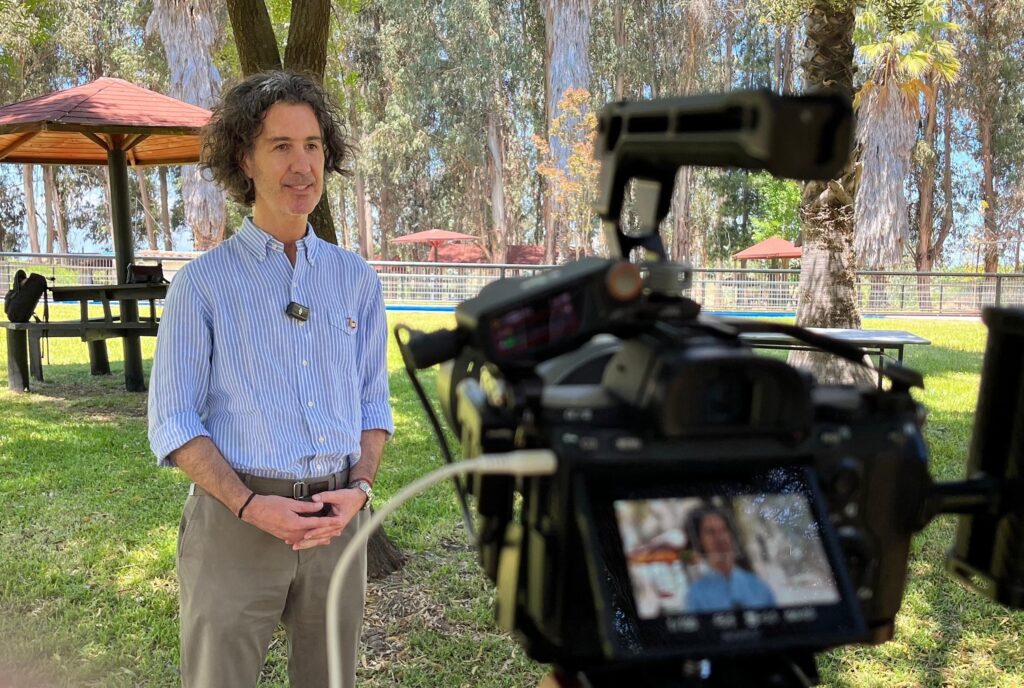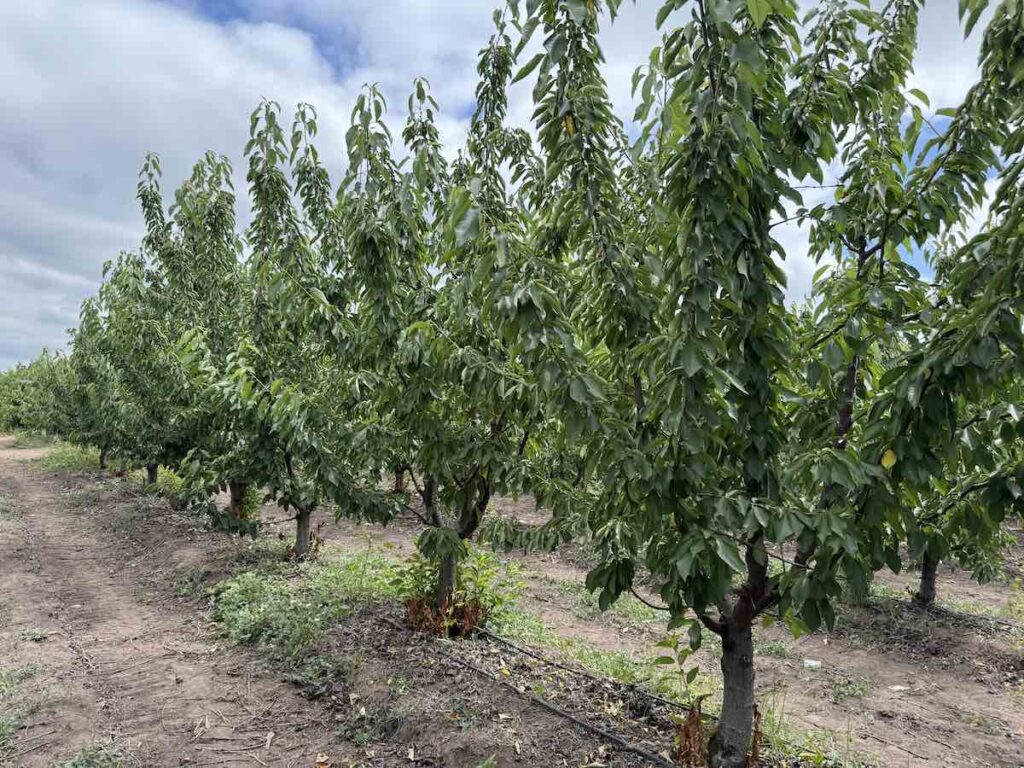Within the framework of the Strategic Research Fund on Drought project – ANID, CITRA seeks to generate technological alternatives that allow combating the effects of climate change using Digital Agriculture
Drought is a fact, which is why the University of Talca, through its Center for Research and Transfer in Irrigation and Agroclimatology (CITRA), together with the collaborative work with national researchers from the University of Chile, the Catholic University of Maule and international researchers from the University of Nebraska Lincoln in the United States, are developing an easy-to-understand platform for all types of farmers that allows them to efficiently manage the water resources of their fields.

This project aims to use existing datasets to calibrate high-resolution evapotranspiration (ETa) mapping models with internalized calibration (METRIC) and remote sensing-based Penman-Monteith (RSPM) in vineyards and orchards (apple, olive and hazelnut) to develop an intelligent decision support platform through the use of digital agriculture and artificial intelligence (AI).
Dr. Samuel Ortega, Director of CITRA, points out that “This development and progress confirms the training we are providing, that is, we have the tools and each student must take them according to their abilities and interests, taking advantage of the opportunities that exist so that they can develop professionally.”
This initiative will enable farmers to make decisions easily, quickly and effectively to optimise their crops and harvests using ETo, ETa, Kc and NDVI maps, as well as providing meteorological information and ETo forecasts.
“Digital Agriculture is like a new name for precision agriculture. Precision agriculture has a history of almost 40 years with almost no practical applications in reality, all the practical applications of digital agriculture are focused on private companies, but there is nothing widespread. Digital agriculture took the reins in the sense that it is proposing new tools to make use of the data acquired with precision agriculture, so what to do with that data, how to interpret it, how to make models that serve farmers for decision making and so that they are not so reactive but more predictive, now they can predict for example in season and see how the quality and the harvest will come 3 months earlier.”, said Dr. Sigfredo Fuentes, researcher at the University of Melbourne, Australia and former CITRA student who works as a collaborator of the Center and who recently participated in a seminar to disseminate the project in Talca.

All of the above will be helpful and contribute to addressing climate change, which currently has devastating consequences for the agricultural sector in different areas of our country.
“Artemis”: Researcher, Sigfredo Fuentes, develops a project that genetically modifies plants to be cultivated on the moon.
Plants in Space is a centre of excellence funded by a State of Australia fund. It is a 7-year project in which 5 Australian universities are involved, and the University of Melbourne is one of them.
“We are dedicated to developing plants that will be used for long-term missions, that is, for missions for 2030 that NASA has planned to colonize the moon. To take people back to the moon, they have to take these plants and from there it will be the basis for the colonization of Mars in 2040.”, said Sigfredo Fuentes, an academic at the University of Melbourne.
The concept of this project is primarily to bring genetically modified plants to the moon in order for them to produce different proteins, carbohydrates, plastic materials and pharmaceuticals. The plantations will be modified through different signals that form the desired product in order to make history again and bring life to the moon.







